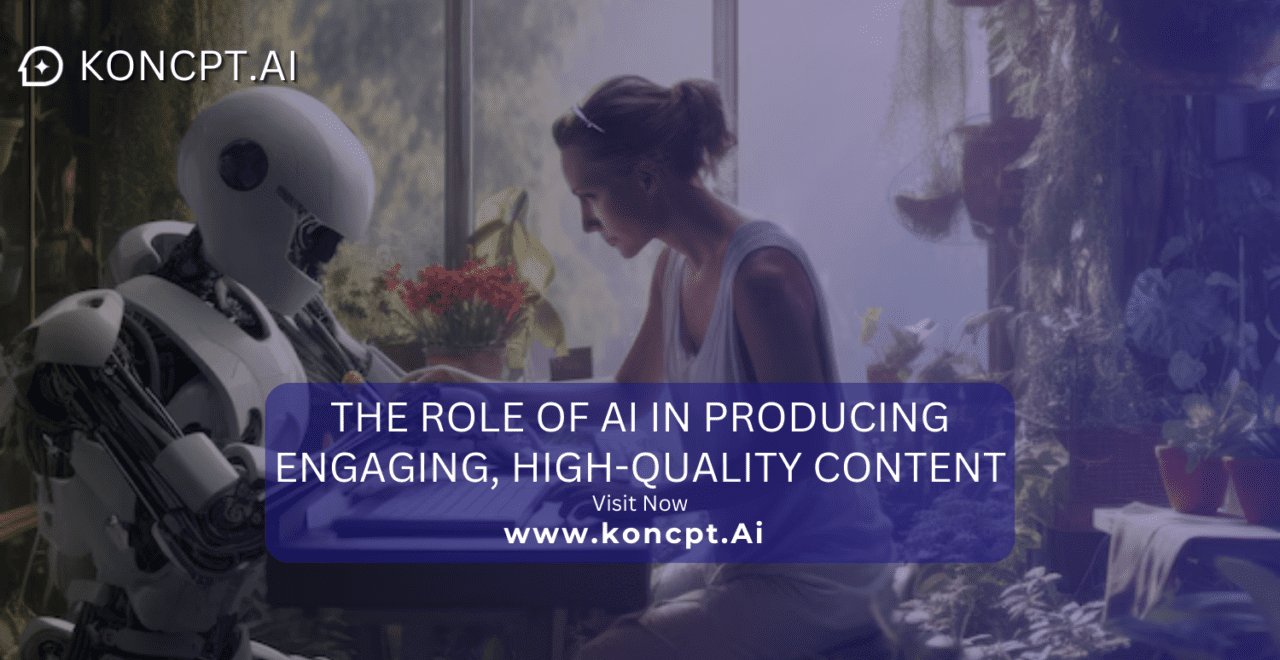The Role of AI in Producing Engaging, High-Quality Content
In the era of digital dominance, content is the lifeblood of online engagement. Whether it’s a blog, video, or social media post, producing high-quality content that resonates with your audience is essential. However, traditional content creation can be time-consuming, resource-intensive, and subject to human limitations. This is where artificial intelligence (AI) steps in, transforming the way content is ideated, created, and optimized.
1. Generating Ideas with AI
One of the initial challenges in content creation is brainstorming topics that capture audience interest. AI tools like ChatGPT, Jasper, and Writesonic analyze current trends, search queries, and audience behavior to generate relevant and engaging content ideas. By understanding what audiences are searching for, AI ensures that your content is not only topical but also strategically aligned with user needs.
2. Automating Content Creation
AI-powered platforms can produce content faster and more efficiently than traditional methods. Tools such as Copy.ai and Frase generate written content, from blogs and articles to ad copy and social media posts, with just a few prompts. These tools use natural language processing (NLP) to craft coherent, engaging text that matches your brand voice, saving time while maintaining quality.
In addition to text, AI also creates visual and multimedia content. Platforms like Canva AI and Lumen5 enable users to design graphics and videos effortlessly, ensuring that your content is visually appealing and impactful.
3. Enhancing Content Quality
AI plays a significant role in refining content quality. Grammar-checking tools like Grammarly and ProWritingAid ensure error-free, polished writing, while platforms like Hemingway improve readability by simplifying complex sentences. AI also suggests improvements in tone, structure, and flow, ensuring that your content resonates with the intended audience.
4. Personalizing Content for the Audience
Personalization is key to engagement, and AI excels at tailoring content for specific audiences. By analyzing user data, AI can recommend the most relevant content, customize messaging, and even dynamically adjust website copy based on user behavior. This ensures that your audience feels valued and understood, leading to higher engagement and conversions.
5. Optimizing Content for Performance
AI tools like Clearscope and MarketMuse optimize content for search engines by suggesting target keywords, improving structure, and analyzing competitor content. This ensures that your content not only engages readers but also ranks high on search engines, driving organic traffic.
Conclusion
AI is revolutionizing content creation by enhancing efficiency, quality, and engagement. By leveraging AI tools, businesses can stay ahead of the curve, producing content that not only informs and entertains but also drives measurable results. In today’s competitive landscape, embracing AI is no longer optional—it’s essential for success.



